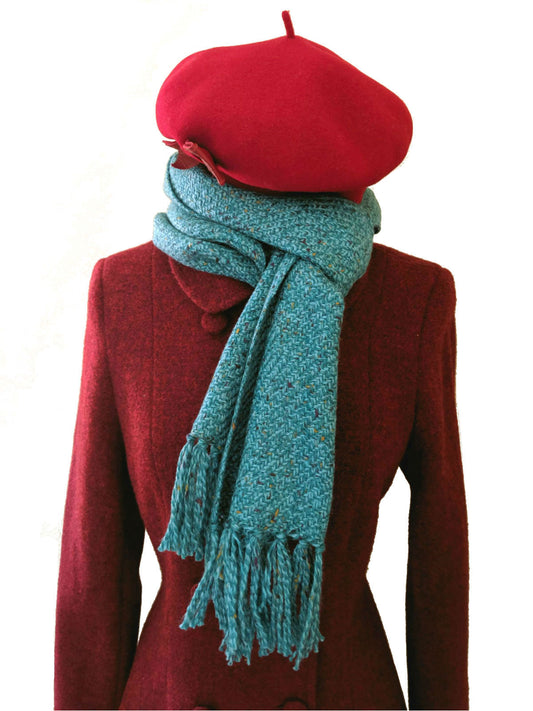Info

The Real Color Wheel & How it Can Help You Get ...
Color is amazing. It can evoke feelings—it can calm us, excite us, make us hungry, and more. Unfortunately, a lot of what people are taught about color is just wrong....
The Real Color Wheel & How it Can Help You Get ...
Color is amazing. It can evoke feelings—it can calm us, excite us, make us hungry, and more. Unfortunately, a lot of what people are taught about color is just wrong....
